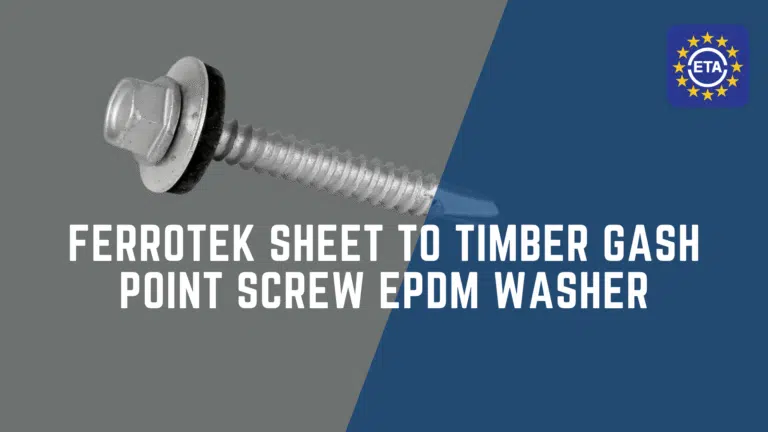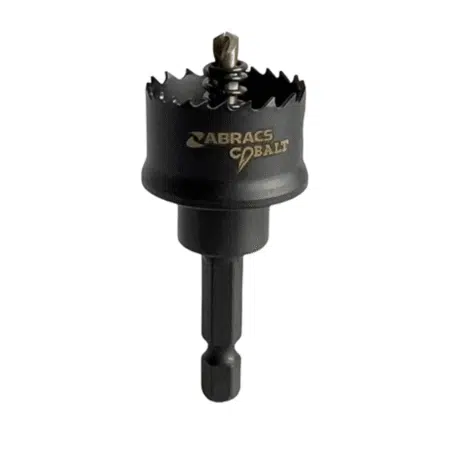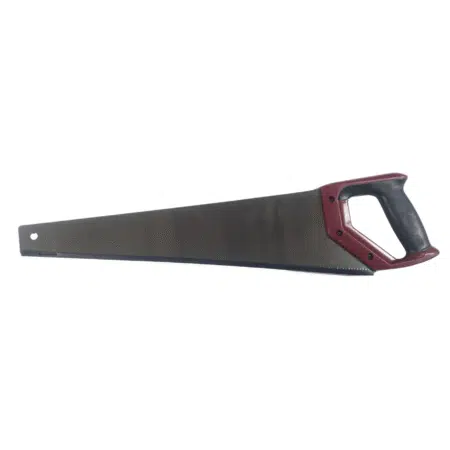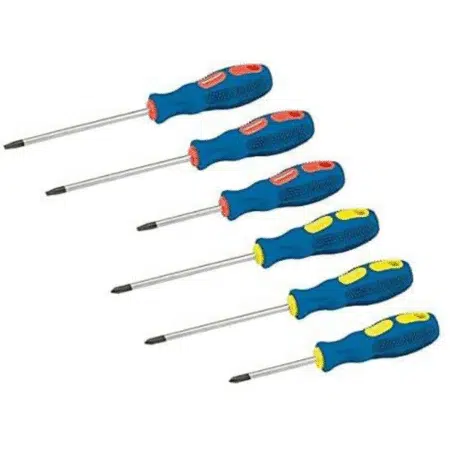You need to understand the importance of concrete masonry screws for your construction projects as a professional builder. These innovative fasteners provide exceptional strength and durability when fixing materials to concrete, masonry, or brick surfaces. By choosing the right screws, you can ensure a secure and robust hold, which is vital for the safety and longevity of your structures. This guide will provide you with necessary insights into selecting and using these screws effectively, enhancing your building skills and project outcomes. When fitting concrete screws, it’s crucial to properly prepare the surface to achieve optimal performance. Ensuring that the hole is drilled accurately and free of debris will significantly enhance the grip of the screws. Additionally, understanding the specific requirements for different applications will further elevate the quality and durability of your work.
Key Takeaways:
- Concrete masonry screws provide a secure fastening option for various construction applications, ensuring durability and stability.
- Proper installation techniques, including pre-drilling and using the right torque settings, enhance the effectiveness and longevity of the screws.
- Choosing the appropriate screw size and type based on the specific project requirements is imperative for optimal performance and safety.
 The Evolution of Concrete Masonry Screws
The Evolution of Concrete Masonry Screws
Over the years, concrete masonry screws have undergone significant changes, evolving from basic fastening methods to advanced, engineered solutions that meet complex construction demands. These innovations have led to increased pull-out strength, improved threading designs, and corrosion-resistant coatings, which enhance durability and reliability in various applications. Additionally, the development of specialized tools and techniques has streamlined the process of fitting masonry screws, making it more efficient and accessible for both professionals and DIY enthusiasts. These advancements ensure that the screws can be installed accurately and securely, resulting in stronger connections and longer-lasting structures. As a result, the use of concrete masonry screws has become a standard practice in modern construction projects, reflecting the industry’s commitment to quality and safety.
Historical Context and Innovations
The journey of concrete masonry screws began in the early 20th century, initially relying on raw materials and simple designs. Innovations such as the introduction of case-hardened steel and tapered threads significantly improved their performance. Additionally, modern advancements like self-drilling tips and various protective coatings have transformed these fasteners into important tools for professional builders. This evolution has led to an expanded range of applications, allowing for greater versatility in construction projects. Moreover, ongoing research and development continue to enhance the durability and reliability of these fasteners, ensuring they meet the demanding standards of today’s building industry. As a result, the concrete masonry screws evolution is marked by a commitment to quality and performance, benefiting both contractors and end-users alike.
The Shift in Building Practices
As construction techniques advanced, so too did the need for more effective fastening solutions. The development of concrete masonry screws coincided with a broader shift towards more durable and efficient building materials, aligning with a growing demand for sustainable practices and cost-effective solutions. Today, you’ll find these screws being used in a range of applications, from residential projects to large-scale commercial builds, reflecting their versatility and effectiveness.
This shift has not only changed the way you approach fastening but has also encouraged the adoption of more innovative building materials and construction techniques. With the rise of green building standards and energy-efficient designs, builders like you recognise that concrete masonry screws provide reliable performance while minimising environmental impact. Consequently, using these screws aligns perfectly with contemporary building trends, ensuring your projects meet modern standards and expectations.
The Engineering Marvel: Mechanics of Concrete Masonry Screws
Concrete masonry screws have revolutionised the way builders approach fastening. These specialised screws utilise a unique design that allows them to penetrate concrete and masonry materials with exceptional ease. The threads are specifically engineered to provide superior grip and holding power, ensuring that your installations remain secure over time. The tapered point aids in self-drilling, eliminating the need for pre-drilling in many cases, which saves you valuable time on the job site.
How Design Influences Performance
The design of concrete masonry screws directly impacts their performance and efficiency. Features such as the thread pitch, diameter, and length are meticulously calculated to optimise the screw’s ability to anchor in various materials. For instance, a finer thread allows for better engagement in softer masonry, while coarser threads provide extra holding power in denser forms. Understanding these design elements helps you select the right screws for your specific applications, leading to stronger, more reliable constructions.
Materials Matter: Steel vs. Composite
The choice between steel and composite materials in concrete masonry screws significantly affects their performance and durability. Steel screws usually boast higher tensile strength, making them ideal for heavy-duty applications, while composite screws, often resistant to corrosion, provide longevity in harsh environments. Your selection should be guided by the specific requirements of your project, including environmental conditions and load expectations.
Steel screws are typically forged from hardened materials, giving them impressive strength and resistance to bending, which is vital for structural applications. In contrast, composite screws, often made from fibreglass-reinforced polymers, excel in protecting against rust and deterioration, especially in coastal or humid areas. A hybrid approach can also be employed, using steel screws in load-bearing areas where strength is paramount, and composite screws in non-structural settings to enhance longevity. Understanding the strengths and limitations of these materials empowers you to make informed choices that suit your building needs.
The Application Paradigm: Where and Why to Use Them
Choosing concrete masonry screws best fits specific construction applications where reliable fastening is vital. You’ll find these screws particularly effective for tasks involving concrete, brick, or block. Their design allows for direct installation without needing additional anchors, streamlining your process while maintaining structural integrity.
 Ideal Scenarios for Concrete Masonry Screws
Ideal Scenarios for Concrete Masonry Screws
Concrete masonry screws shine in situations demanding high tensile strength and resistance to shear forces. Ideal applications include securing heavy fixtures like shelving, railings, or structural components where stability is paramount. When working on outdoor projects subjected to varying weather conditions, these screws outperform traditional alternatives, ensuring longevity and structural reliability.
Comparing Alternatives: Anchors and Dowels
While concrete masonry screws provide distinct advantages, it’s valuable to consider alternative fastening methods like anchors and dowels. Anchors can offer better load distribution for lighter applications but may not hold up under heavy loads in a high-stress environment. Dowels require drilling precise holes but can be useful in specific contexts where traditional screws simply won’t suffice.
Comparison of Fastening Methods
| Fastening Method | Key Characteristics |
|---|---|
| Concrete Masonry Screws | Direct installation, high pull-out resistance, suited for heavy applications |
| Anchors | Better load distribution, easier installation for light applications, reliance on additional materials |
| Dowels | Precise hole placement, effective in certain applications, requires careful drilling |
Concrete masonry screws typically outperform other fastening methods regarding ease of use and reliability in demanding environments. Anchors may be easier to install in lighter applications, but they often lack the tensile strength needed for heavier loads. Conversely, dowels can ensure precise placement but require meticulous planning and execution. Therefore, understanding your project’s specific needs will guide you toward selecting the right fastening solution.
Further Insights into Fastening Methods
| Fastening Method | Advantages |
|---|---|
| Concrete Masonry Screws | Quick installation, designed for high-performance fastening in masonry and concrete |
| Anchors | Flexible usage scenarios, good for lighter materials |
| Dowels | Strong load transfer when correctly placed, ideal for precision projects |
Expert Insights: Enhancing Installation Techniques
Elevating your installation techniques can significantly impact the effectiveness and longevity of concrete masonry screws. By integrating advanced methodologies and adhering closely to manufacturer guidelines, you can ensure a robust bond. Adopting a systematic approach not only streamlines efficiency but also enhances safety protocols on your job sites, leading to superior results that stand the test of time.
Precision Matters: Tools and Technology
The right tools and technology are pivotal in optimising your installation process. Using quality drills and impact drivers paired with the appropriate bit size allows for enhanced accuracy and reduced wear on your equipment. Incorporate technology such as digital torque wrenches to guarantee the *exact* torque specifications are met, ensuring screw integrity while limiting the risk of damage.
 Common Pitfalls and Best Practices
Common Pitfalls and Best Practices
Even seasoned professionals can fall into common pitfalls during installation. Over-torquing screws is a frequent error that can compromise structural integrity, while incorrect drilling depth may disrupt the fastening process. Adopting best practices, such as pre-drilling in certain situations and ensuring proper alignment before fastening, will enhance your installations and prevent potential failures.
One prevalent mistake is neglecting to inspect the substrate before installation. A thorough evaluation can reveal issues like cracks or moisture, which may undermine screw performance. Furthermore, not using the appropriate screw length for the material thickness can lead to inadequate holding power. Consider employing a variety of screws to match specific applications and always keep your tools calibrated to uphold precision, ensuring every screw is properly secured for high-stakes settings.
Sustainability in Construction: The Case for Concrete Masonry Screws
Concrete masonry screws embody a sustainable approach to construction, offering numerous advantages that support environmentally responsible building practices. Their design facilitates efficient energy use during installation, reducing the need for heavy machinery and minimizing carbon emissions. Additionally, embracing these screws can contribute to LEED certification and other green building standards, making them an excellent choice for modern builders keen on sustainability. Furthermore, incorporating best practices for masonry screws ensures optimal performance and longevity, ultimately enhancing the durability of structures. By educating builders on these best practices, stakeholders can further drive the industry’s shift towards greener methods. The adoption of innovative fastening techniques not only promotes sustainability but also fosters a culture of responsibility among construction professionals.
Environmental Considerations
Using concrete masonry screws fosters minimal environmental impact compared to traditional fastening methods. Their longevity means fewer replacements, thus decreasing waste in landfills. Moreover, their compatibility with recycled materials helps close the waste loop, making them a responsible option for environmentally-conscious builders.
Long-term Structural Integrity Benefits
Concrete masonry screws are engineered to provide exceptional structural integrity over time. Their robust design allows them to withstand harsh environmental conditions and maintain a secure grip without the risk of loosening. This reliability translates into fewer maintenance costs and a longer lifespan for your construction projects. Their versatility makes them suitable for a wide range of concrete masonry screws applications, from residential buildings to commercial structures. By choosing the right type of screw for your project, you can ensure optimal performance and safety, even in demanding settings. This adaptability further enhances their appeal to builders and contractors looking for reliable fastening solutions.
Opting for concrete masonry screws instils confidence in your structural projects. They offer superior resistance to corrosion and adverse weather, factors that significantly detract from the performance of traditional anchors. The reliance on these screws reduces the frequency of repairs or replacements, ultimately translating into cost savings and enhanced durability. Furthermore, their performance in various applications—from residential to commercial—demonstrates their adaptability and strength, ensuring that your built structures remain intact and safe for decades to come.
Final Words
With this in mind, utilising concrete masonry screws in your construction projects can significantly enhance the quality and durability of your build. These specialised screws are designed to provide robust anchoring in various materials, ensuring that your structures stand the test of time. By incorporating these fasteners into your work, you’ll not only improve efficiency but also ensure safety and reliability for your clients. Embracing such advanced fixing solutions enables you to elevate your professional standards and craftsmanship in every project you undertake. Investing in quality concrete screws for secure fixings will also reduce maintenance costs over time, as their durability minimizes the need for repairs. Additionally, the ease of installation allows for quicker project turnaround, benefiting both contractors and clients alike. As the industry continues to evolve, staying updated on the best fastening solutions will position you as a leader in construction excellence.
FAQ
Q: What are concrete masonry screws and how do they differ from regular screws?
A: Concrete masonry screws are specially designed fasteners that enable secure anchoring in concrete, brick, and masonry blocks. Unlike regular screws, which are typically used for wood or lighter materials, concrete masonry screws feature a hardened steel construction with a sharp, self-tapping tip that allows them to cut into concrete without the need for pre-drilling. They also have deep threads that provide a strong grip in masonry materials, ensuring durability and stability in construction projects.
Q: What types of projects are concrete masonry screws suitable for?
A: Concrete masonry screws are ideal for a variety of construction and renovation projects, including securing fixtures like shelves, brackets, or wall-mounted accessories to masonry surfaces. They are also used in building foundations, attaching railings, and fixing various structural elements to concrete walls. Their versatility makes them suitable for both indoor and outdoor applications, especially in professional settings where reliability is paramount. In addition to their widespread use, understanding the specific applications and benefits of these tools is crucial for successful installation. Concrete masonry screws explained encompass their different sizes and types, allowing professionals to choose the right fit for projects ranging from light-duty to heavy-duty needs. Proper selection and installation can significantly enhance the longevity and stability of masonry constructions. In addition to their strong holding power, concrete masonry screws are designed for easy installation, often requiring only a standard drill and no pre-drilling, which saves time on the job. The concrete masonry screw advantages also include their corrosion resistance, making them perfect for harsh environments where exposure to moisture is a concern. This durability ensures that projects remain secure and intact for years to come, further enhancing their value in construction.
Q: How do you determine the correct size of concrete masonry screw for your project?
A: To determine the appropriate size of concrete masonry screw, consider the thickness of the material you are fastening as well as the load requirements. Generally, a screw length that is at least 1 inch longer than the combined thickness of the material being fixed and the substrate is recommended. Additionally, pay attention to the screw diameter; larger diameters provide greater holding strength, while smaller sizes may be more suitable for lighter applications. Consultation with product specifications and technical datasheets is also advised.
Q: Do concrete masonry screws require pre-drilling, or can they be directly installed?
A: Concrete masonry screws are designed for direct installation without pre-drilling in many cases, thanks to their sharp, self-tapping tip. This feature allows them to cut into concrete or masonry materials effectively, making the installation process quicker and more efficient. However, for particularly hard concrete or certain types of masonry, it may still be beneficial to use a pilot hole to ensure precise placement and to prevent potential cracking of the material.
Q: Are there any particular tools needed for installing concrete masonry screws?
A: The installation of concrete masonry screws generally requires a power drill or impact driver equipped with the appropriate drive bit, which is typically a hex or square drive. For harder materials, a hammer drill may enhance performance by providing additional percussion during installation. It’s also recommended to use safety equipment, such as goggles, to protect against debris when drilling into masonry surfaces. Always ensure that the drill is set to the correct torque setting to avoid overtightening or damaging the screw.

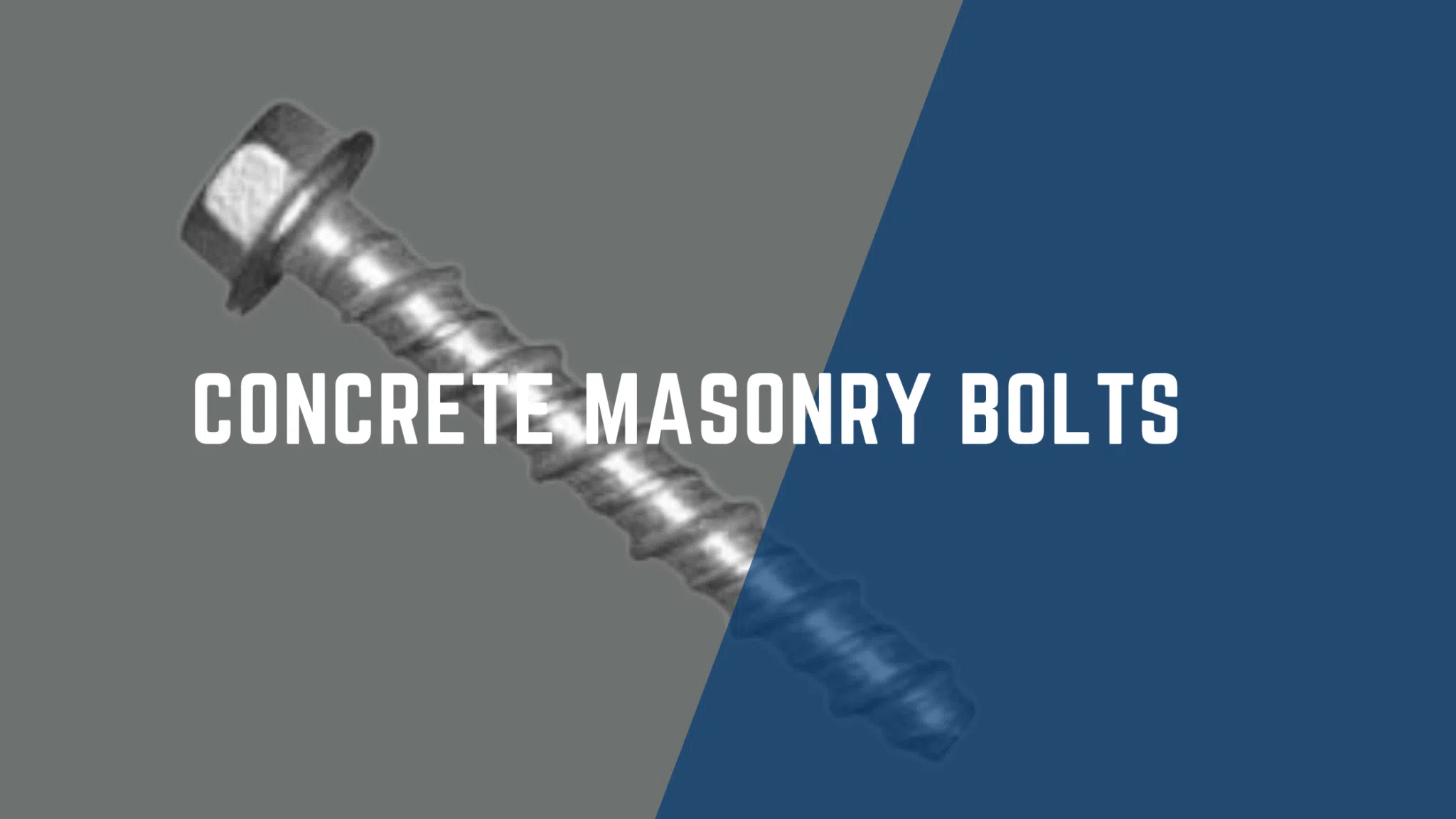
 The Evolution of Concrete Masonry Screws
The Evolution of Concrete Masonry Screws Ideal Scenarios for Concrete Masonry Screws
Ideal Scenarios for Concrete Masonry Screws Common Pitfalls and Best Practices
Common Pitfalls and Best Practices